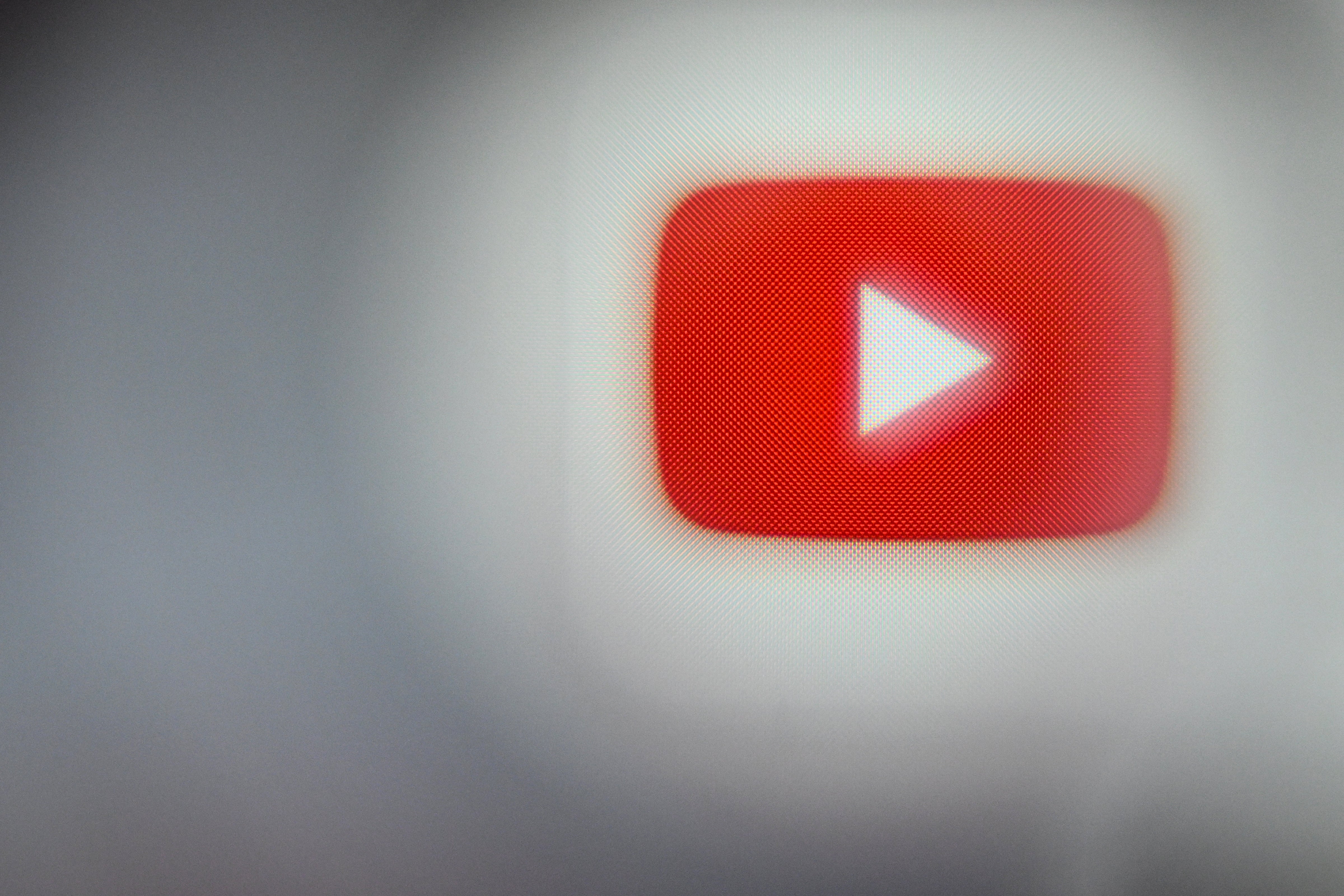YouTube tries to stop young people falling into ‘rabbit holes’ and lets parents see what they are watching
Some videos can be ‘problematic’ when they are ‘viewed repetitively’, company says

YouTube will change its recommendations to try and stop young people from falling into rabbit holes around fitness and weight, it has said.
It will also launch new tools that allow parents to keep a closer eye on what young people are watching, such as which channels they have subscribed to.
The changes are part of YouTube’s attempts to make its platform safer for the teens who use it, it said.
One of the insights brought from that work with its Youth and Families Advisory Committee showed that teens “are more likely than adults to form negative beliefs about themselves when seeing repeated messages about ideal standards in content they consume online”.
Some kinds of content “may be innocuous as a single video, but could be problematic for some teens if viewed repetitively”, it noted. They “include content that compares physical features and idealizes some types over others, idealizes specific fitness levels or body weights, or displays social aggression in the form of non-contact fights and intimidation”.
YouTube may still recommend those videos. But it will limit repeated recommendations, in an attempt to stop young people falling into a “rabbit hole” of that content.
Various experts have noted that the recommendation algorithms on platform such as YouTube and TikTok can lead people to fall quickly and deeply into a certain topic. Since engaging with videos on that topic will bring more of them, the algorithm can quickly learn that users will watch and perhaps share those topics.
YouTube will also improve its tools to allow parents to keep up with what their children are watching, building on similar tools that were first introduced for pre-teens. That will allow parents and guardians to link their accounts with those of younger people, and see their activity in a devoted “Family Centre”.
“In Family Centre, parents can see shared insights into their teens’ channel activity on YouTube including the number of uploads, subscriptions and comments,” YouTube said.
“Parents (and teens) will also receive proactive email notifications at key events, like when teens upload a video or start a livestream, providing an opportunity to offer advice on responsible creation supported by resources created with Common Sense Networks, an affiliate of Common Sense Media.”
Join our commenting forum
Join thought-provoking conversations, follow other Independent readers and see their replies
Comments
Bookmark popover
Removed from bookmarks